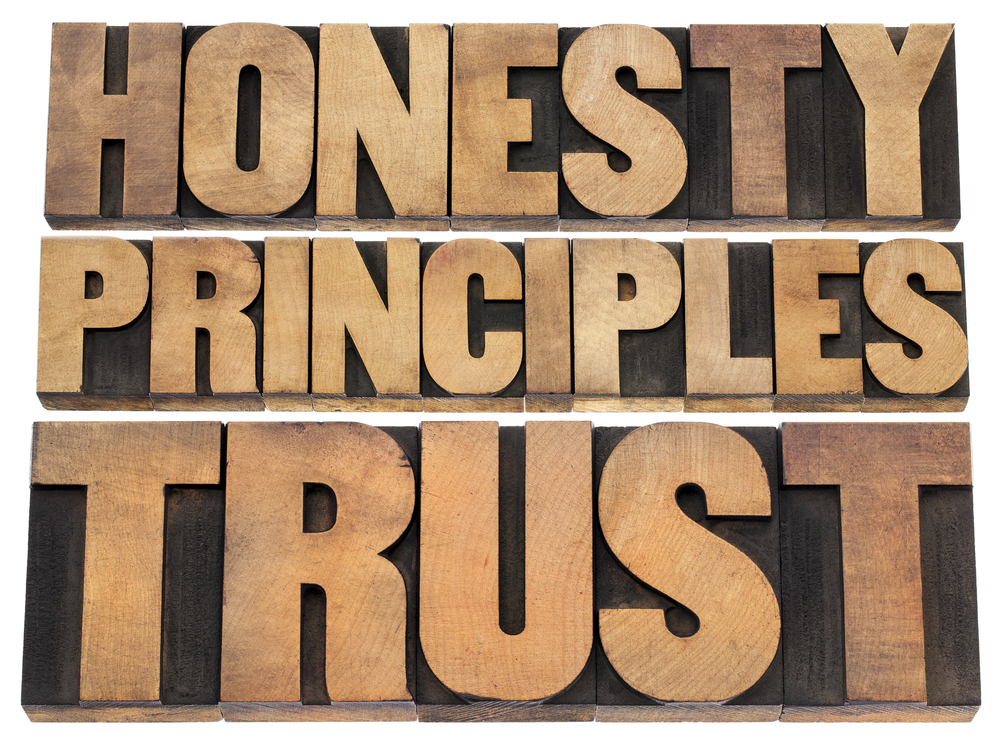“Tell me about yourself”
This is the most common interview question. Four harmless words, asked in a friendly way, that have the power to sink you!
It is a deliberately vague and open invitation for you to speak in a free-form way about yourself. And it is usually asked early in the interview after the introductions, when the nerves have not yet settled.
I have seen countless people at interview answer this question quite disastrously, either saying completely irrelevant things, or simply boring me to death!
In short, this can be a minefield where you waffle yourself towards failure before you have even had a chance to showcase your competencies.
In my opinion, the absolute best way to handle this is via a 3-step process which will really help you order your thoughts and serve you well at your next interview.

Step One – Understand the motive behind the question
The first step is to understand with 100% clarity exactly what the interviewer wants to hear from you.
While the words that he utters are indeed “Tell me about yourself”, trust me, he really doesn’t mean this. In fact, when he says:
“Tell me about yourself”
what he really means is:
“Tell me why I should hire you”
You see what a difference that makes? By reshaping the question, immediately the focus narrows. You are effectively making your pitch to get hired, and you need to pack your answer with the qualities that will make you an outstanding and top performing hire for this employer.
Once you think about it this way, you would never dream of including peripheral information (what I like to do in my spare time, my favourite TV show, the name of my cat) in your answer to this question.
Ok, so now that you understand the true intent of the question, how do you answer it?

Step Two – Build the foundation of your answer on your core values and qualities
Let’s think of building your answer using your elevator pitch or your personal mission statement. It is the 1-2 minute summary of your value proposition, encapsulating your core qualities and values which will shine through in your work.
There are many resources online to help you craft your mission statement, but here I suggest a simple approach using the principle of the Power of Three. Pick your three strongest qualities, values or principles which you believe will make you successful in your career. To help you get started, they will look something like:
qualities – team player, problem solver, creative, collaborator, leader, goal-oriented,
principles/values – integrity, honesty, perseverance
You then need to blend them into a statement which is authentic to you and credible, and at the same time doesn’t sound staged or awkward. For each of the three qualities or values, choose an example from a situation in your life where you have behaved accordingly.
Here’s a hypothetical example of a mission statement using the Power of Three:
“I have a fundamental belief in operating at all times with integrity. For me this means always doing the right thing, and not necessarily the easiest thing or something that could compromise someone else’s trust in me. Secondly, I tend to be very goal-oriented in life. This means that I am able to bring a lot of focus to any project, and avoid getting distracted. Lastly, I really believe in the power of collaboration. We all bring different strengths and qualities to the table, and by working together and helping each other it is possible to seek out synergies and win/win outcomes”.

Step Three – Use examples to bring your answer to life
Finally, we use your mission statement as the foundation of your answer to the question “Tell me about yourself”. In each case, use an example to bring to life your core principles/values/qualities. This is what an answer would look like combining a mission statement with relevant examples:
“I have a fundamental belief in operating at all times with integrity. For me this means always doing the right thing, and not necessarily the easiest thing or something that could compromise someone else’s trust in me. For example, when I was working as an intern in the customer service department at XYZ firm, I saw some short cuts taken by others when answering client queries. While they may have answered some client queries more quickly than me, it was obvious that the client wasn’t getting the best possible service. This was not something that I was prepared to do.
“Secondly, I tend to be very goal-oriented when I work. This means that I am able to bring a lot of focus to any project, and avoid getting distracted. I achieve this by breaking any task down into steps and concentrating on each step in turn to work towards the overall goal. For example, during my last work experience, I was tasked with developing a spreadsheet to improve the way client information was collected and aggregated. I was given a deadline of two months to complete the task, but achieved it in six weeks thanks to my strong focus and capacity to break the project down into several small steps.
“Lastly, I really believe in the power of collaboration. We all bring different strengths and qualities to the table, and by working together and helping each other it is possible to seek out win/win outcomes. It’s not about seeking credit, it’s about working in a team environment to execute the task in the best possible way. When I was working at XYZ bank, I was one of three interns supporting a team of twenty salespeople. While we were usually given specific objectives to achieve during the internship, I encouraged the other two interns to pool our resources whenever we were faced with a challenging task. I happen to be great at data management so I helped out one of my colleagues when he was stuck on a task. In return, they helped me when I was given an urgent task to prepare some reports by one of the senior salespeople.”
“I would expect to be able to bring these qualities to your firm to ensure I can add value at each stage of my career with you.”
Notice how in the wrap-up sentence at the end, I am deliberately dangling the idea that these qualities are timeless and will serve me well irrespective of my role or seniority. By advocating general principles rather than specific skills (e.g. I am great at programming C++), I am not boxing myself in to only being helpful in certain scenarios.
This really is a powerful framework to help you navigate this tricky question.
Follow the process, be authentic to yourself, and you can look forward to delivering a really great answer!
Need help with your interview preparation? Download my FREE guide “101 Top Tips for Interview Success“
For the ultimate in interview preparation, contact me to discuss the option of Private Coaching
Image credits: Shutterstock





